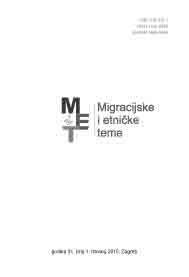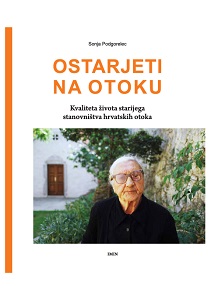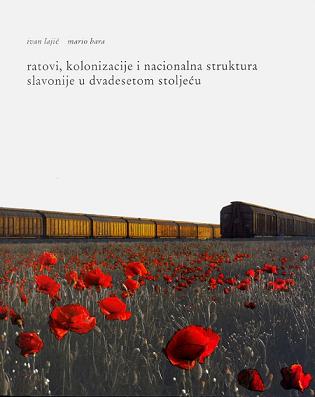
Migration and Ethnic Themes
Migracijske i etničke teme
The journal Migracijske i etničke teme primarily publishes scientific articles in a wide range of fields relating to migration, ethnicity and identity problems in social sciences and humanities (sociology, anthropology, history, demography, human geography, psychology, political science, economics, legal sciences, linguistics, etc.), as well as in interdisciplinary frameworks. The journal publishes also other contributions of scientific and professional interest: essays, professional papers, reviews and book reports, notes on scientific meetings, etc. Papers are published in Croatian, English, French and Russian, and the editorial board may also decide to publish some of them in other languages. From 1985 to the year 2000 the journal was named Migracijske teme. The journal has been published quarterly since 1985 (until 2000 under the name Migracijske teme). From 2010 the journal is published three times per year. The Journal is indexed in: Sociological Abstracts, Inc. (San Diego, USA); Linguistics and Language Behavior Abstracts (San Diego, USA); Worldwide Political Science Abstracts (Bethesda, USA); International Bibliography of the Social Sciences (London, UK); REMISIS – Revue Bibliographique sur les Migrations Internationales (Paris, France). EDITOR-IN-CHIEF Jadranka Čačić-Kumpes EDITORIAL BOARD Aleksandra Ålund (Norrköping) William Berthomière (Poitiers) Ružica Čičak-Chand (Zagreb) Josip Kumpes (Zagreb) Ivan Lajić (Zagreb) Sanja Lazanin (Zagreb) Ivo Nejašmić (Zagreb) Sonja Podgorelec (Zagreb) Sergei Romanenko (Moscow) Laura Šakaja (Zagreb) INTERNATIONAL ADVISORY BOARD Ivan Čizmić (Zagreb) Petr Dostál (Prague) Mladen Ante Friganović (Zagreb) Emil Heršak (Zagreb) Marie-Antoinette Hily (Poitiers) Vjeran Katunarić (Zagreb) Károly Kocsis (Budapest) Ante Markotić (Mostar) Milan Mesić (Zagreb) Armando Montanari (Rome) Mirjana Morokvašić-Müller (Paris) Rainer Münz (Berlin) Maria Nazaré Oliveira Roca (Lisbon) William O'Reilly (Galway) André-Louis Sanguin (Paris) Carl-Ulrik Schierup (Norrköping) Fahrudin Šebić (Sarajevo) Alexander Vovin (Honolulu) Jonas Widgren (Vienna) Zhanna Zayonchkovskaya (Moscow) Jernej Zupančič (Ljubljana)
More...

